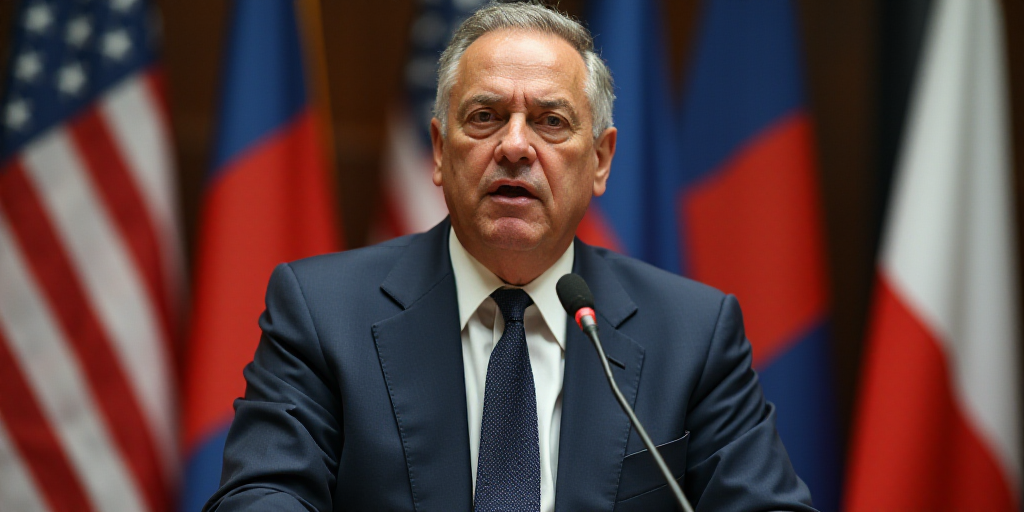Background on Luiz Inácio Lula da Silva
Luiz Inácio Lula da Silva, often simply referred to as Lula, is a prominent left-wing politician from Brazil. Serving as the President of Brazil from 2003 to 2010, Lula played a significant role in shaping the country’s economic and social policies. His second presidential term, which began in 2007, was marked by robust economic growth and a reduction in poverty levels. After his presidency, Lula maintained a high profile in Brazilian politics and has been actively engaging with international leaders, including those from the European Union.
The EU-Mercosur Trade Agreement
The proposed free trade agreement between the Mercosur bloc (comprising Argentina, Brazil, Paraguay, and Uruguay) and the European Union (EU) has been a topic of discussion for several years. The agreement aims to establish a comprehensive trade relationship, covering goods and services, between the two large economic blocs. With a combined population of over 700 million people, the agreement has the potential to significantly impact global trade dynamics.
Challenges and Concerns
One of the main challenges in finalizing this agreement is securing approval from all 27 EU member states and the European Parliament. France, in particular, has expressed reservations about certain aspects of the deal, particularly those related to agricultural products. French farmers have raised concerns about potential threats to their beef, poultry, sugar, and biofuel industries.
Lula’s Role in Advocating for the Agreement
During a recent conversation with Ursula von der Leyen, President of the European Commission, Lula expressed his optimism that the agreement could be signed by the end of this year. He emphasized that the European executive’s validation of the agreement is a crucial first step towards its ratification by member states and the European Parliament. Lula urged Von der Leyen to ensure that any internal regulations on safeguards adopted by the EU are fully aligned with the spirit and terms of the negotiated agreement.
Addressing French Concerns
To alleviate France’s concerns, the European Commission has pledged to incorporate a “legal text” into the agreement that strengthens safeguard measures for European products deemed sensitive. This commitment aims to provide reassurance to French farmers and other stakeholders who fear the negative impact of increased competition from Mercosur countries.
Key Questions and Answers
- What is the EU-Mercosur trade agreement? It is a proposed free trade agreement between the Mercosur bloc (Argentina, Brazil, Paraguay, and Uruguay) and the European Union. The agreement aims to establish a comprehensive trade relationship covering goods and services between these two large economic blocs.
- Why is France concerned about the agreement? French farmers are worried that increased competition from Mercosur countries could negatively impact their beef, poultry, sugar, and biofuel industries.
- What steps are being taken to address French concerns? The European Commission has committed to including a legal text in the agreement that strengthens safeguard measures for sensitive European products, providing reassurance to French farmers and other stakeholders.
- What is Lula’s role in the agreement negotiations? As a prominent figure in Brazilian politics, Lula has been actively advocating for the EU-Mercosur trade agreement. He recently expressed optimism that the agreement could be signed by the end of this year and urged European leaders to ensure alignment between any internal regulations on safeguards and the negotiated agreement’s terms.






